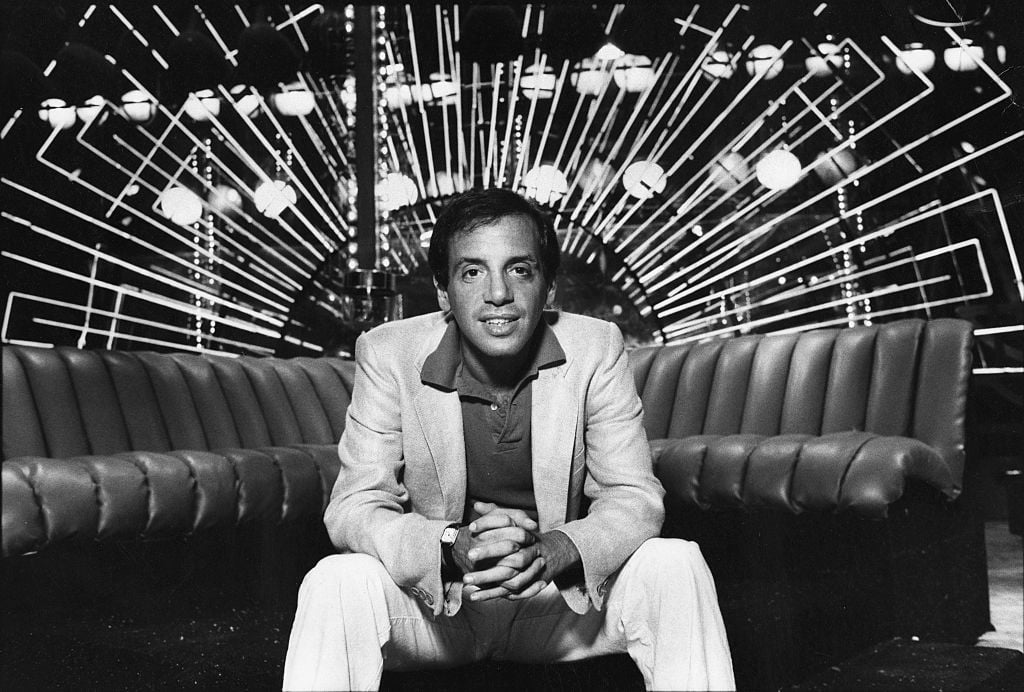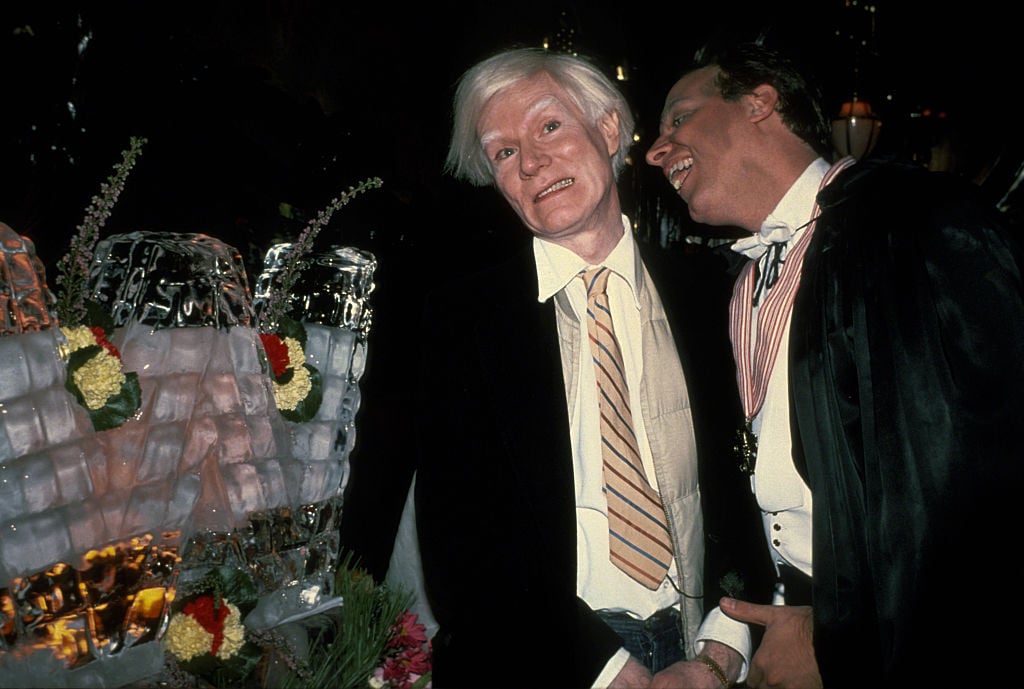How Did Steve Rubell From Studio 54 Die?
Studio 54 The Documentary gives an insider look at the rise and fall of one of the most iconic clubs in American history. Studio 54 marked the end of an intensely serious time in history and launched an era of freedom and fun.
The story of Studio 54, which raged in the late 1970s, has been told many times. But this documentary is told through surviving Studio 54 partner, Ian Schrager’s viewpoint. Schrager recounts how the club became a lightning strike location, which also contributed to Studio 54’s ultimate demise.

Schrager created the magic of Studio 54 with friend and college roommate Steve Rubell. He remembers Rubell as someone who always wanted to be in the spotlight. Meanwhile, Schrager preferred working behind the scenes. But as social as Rubell was, he concealed his sexuality and even his obituary didn’t reveal the entire truth.
AIDS dawned after the Studio 54 era
David Geffen once said that Studio 54, “came after birth control and before AIDS,” CNN reports. Which meant clubgoers felt free to say yes to a number of sexual partners in a single night. Studio 54 officially closed before the first U.S. reports of HIV/AIDS in 1981.
A growing number of gay men and IV drug users were reportedly sick in the early 80s, Avert reports. During the early years, doctors referred to the illness as Kaposi’s Sarcoma, an aggressive cancer. By September 1982, researchers finally gave the illness a name: acquired immune deficiency syndrome, otherwise known as AIDS. By 1986, the International Committee on the Taxonomy of Viruses referred to the human immunodeficiency virus (HIV) as being the cause of AIDS.

The number of infected people grew through the years to include women and children. It was during the 1980s when researchers learned the virus was transmitted through IV drug use and unprotected sex. Also, teen Ryan White contracted the virus through
Rubell was very private about his diagnosis
Until recently, being diagnosed with HIV/AIDS could result in being publicly shunned by society. People often blamed the person for contracting the disease. Cheryl Gore-Felton, Ph.D., an associate professor of psychiatry and behavioral sciences at Stanford University School of Medicine told Health Day people thought “you have to do something to get HIV.”
A phone survey from the late 90s showed that 50% of respondents blamed patients for contracting HIV. Plus, one in four people said they’d be uncomfortable being around someone with HIV. Rubell contracted HIV during a time when people were unsure about its transmission and how best to treat it.
Rubell learned of his HIV status from a blood test. In the documentary, Rubell’s brother Don Rubell, MD said he didn’t exactly show symptoms of AIDS but had vague symptoms. “I was the one who told him he had AIDS,” he said.
Rubell’s final days
“You have to remember at that time AIDS wasn’t a disease,” his brother said. “It was a condemnation. So he wouldn’t let me tell our parents.” Others were becoming ill and it was a frightening time, Norma Kamali, Schrager’s former girlfriend, recounts in the documentary. A good number of the Studio 54 bartenders and set designers succumbed to the disease.
Schrager recalls how Rubell could manage to recover from the most embarrassing or controversial situations. But, “This was the one thing he couldn’t get away with,” he said in the documentary. Rubell died at age 45 on July 25, 1989.
The media widely reported Rubell died of complications from hepatitis. According to The New York Times obit, “A spokesman, Dan Klores, said Mr. Rubell died of complications from hepatitis and septic shock, a condition caused by bacterial infection.” Even Rubell’s mother was in the dark as Myra Scheer, Rubell and Schrager’s assistant, recalled his mother wondered why Rubell never married. “I’m not sure if she really knew he was gay,” she said. “That was part of that time.”
Even 30 years later, Schrager and those who knew Rubell are emotional. Schrager says he met Rubell when he was 18 or 19 and was his friend and business partner until 1989. “Steve and I were really like a husband and wife,” Schrager recalls. “He was the last person I talked to before I went to sleep. So it was a personal loss more than anything else.”
Check out The Cheat Sheet on Facebook!


